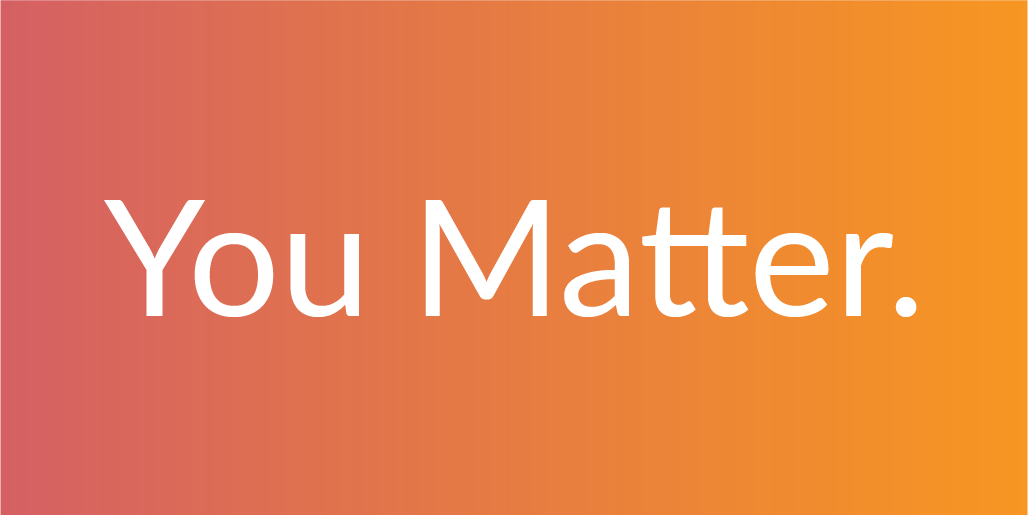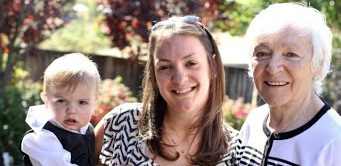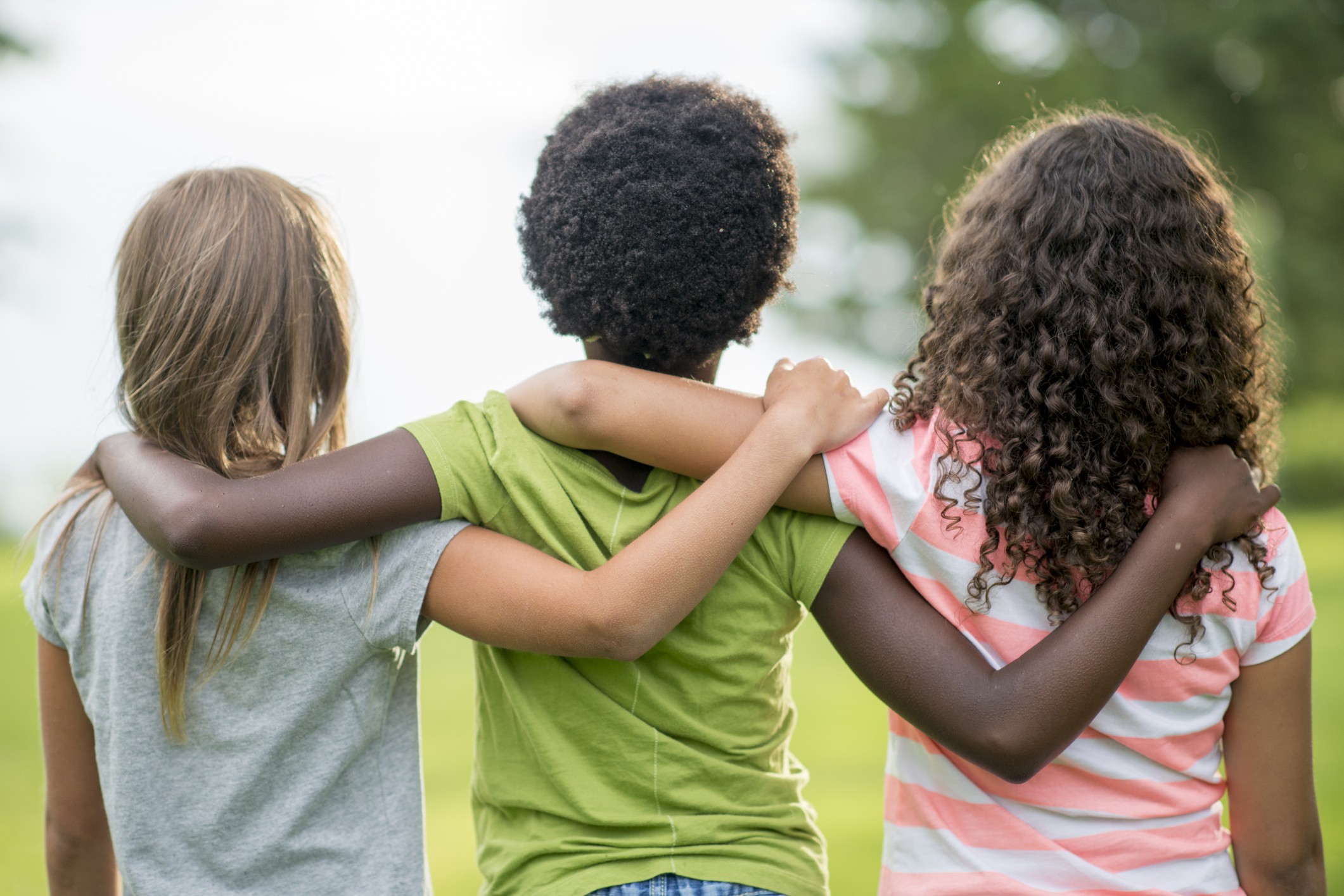Cynthia Germanotta is President and Co-Founder of Born This Way Foundation. Dr. David R. Hamilton is Dr. David Hamilton, PhD, is an expert on the power of kindness and the link between mental, emotional, and physical health. Cynthia and Dr. David want to share tips for how kindness can actually boost your mood and improve your mental wellness.
Being kind is the right thing to do. Acts of kindness – either grand or small – are the easiest way to help those around you. But a growing body of research is demonstrating that kindness benefits the person being kind as well. Among its many side effects, being kind to others can help protect against depression and anxiety.
Research showed that the presence of kindness seemed to diminish stress. It didn’t mean that kindness eliminated stressful events. Life happens; the key, in fact, was that kindness could buffer stress. In other words, even when stressful events occurred, kindness seemed to take some of the sting out of them.
In one study of over three thousand people, University of Texas researchers found that those who did regular volunteer work had fewer symptoms of depression than those who didn’t. In another study at the University of British Columbia, 142 people with high levels of social anxiety were randomized to either perform acts of kindness, participate in behavioural experiments or be in a control group. At the start of the study and every week throughout, they reported on their mood and anxiety levels. Those in the kindness group experienced significant improvements in positive emotion — they felt happier, their relationships improved, they became more confident, and they showed less avoidance of some social situations. Kindness made them happier and more socially comfortable.
Being kind can also counter stress. This was shown in a Yale University study led by Emily Ansell, an assistant professor of psychiatry. Participants in the study filled out an online assessment each day for two weeks where they logged acts of kindness that they did as well as stressful life events. The key finding of the study was that in days where participants were helping others they had less stress; on days where they did less kindnesses, on the other hand, they experienced more stress. Kindness and stress couldn’t coexist.
Focusing outwards on helping others as a mechanism for helping oneself seems counterintuitive. The idea of giving to others when you’re the one who needs help doesn’t make sense at first. But when we do look outwards, towards the needs of others, our natural tendency to care comes to life and the burden of depression can gradually lift. Modern research indeed shows the brain can be changed through kindness. Studies on people practicing a Buddhist meditation known as the “Loving Kindness Meditation,” which encourages the practitioner to cultivate feelings of kindness and compassion for others, show physical changes on the left side of the prefrontal cortex of the brain, an area associated with positive emotion and happiness.
Kindness also seems to impact the amygdala region of the brain which is associated with fear, anxiety, and trauma. Studies show that oxytocin, a hormone known for its role in breastfeeding and reproduction but that is also produced abundantly when we’re being kind, acts directly on the amygdala to reduce its activity. In one study, people preconditioned with fear showed high levels of activity in the amygdala, but when they were given a dose of oxytocin the activation of the amygdala significantly reduced and so did their pre-conditioned fear.
Being kind can protect us from depression and anxiety and help us find a way out when we’re struggling; considering the needs of others and trying to help them can temporarily take us out of ourselves. For some, this can be starting point of their own recovery.
References:
1) For the more than 3,000 people Texas University study, see: Protective in older adults: M. A. Musick and J. Wilson, ‘Volunteering and Depression: The Role of Psychological and Social Resources in Different Age Groups’, Social Science and Medicine 2003, 56(2), 259-269
2) For the study where kindness benefited people with social anxiety, see: Kindness reduces social anxiety: L. E. Alder and J. L. Trew, ‘If It Makes You Happy: Engaging in Kind Acts Increases Positive Affect and Socially Anxious Individuals’, Emotion 2013, 13(1), 64-75
3) For the study where kindness countered the effects of stress, see: E. B. Raposa, H. B. Laws, and E. B. Ansell, ‘Prosocial Behavior Mitigates the Negative Effects of Stress in Everyday Life’, Clinical Psychological Science 2016, 4(4), 691-8
4) For brain changes through Buddhist meditation, see: David R Hamilton, PhD., ‘The Five Side Effects of Kindness’, (Hay House, 2017)
5) For research showing how oxytocin reduces activity in the amygdala, see: P. Petrovic, R. Kalisch, T. Singer and R. Dolan, ‘Oxytocin Attenuates Affective Evaluations of Conditioned Faces and Amygdala Activity’, Journal of Neuroscience 2008, 28(26), 6, 607-15
6) For how kindness produces oxytocin, see: David R Hamilton, PhD., ‘The Five Side Effects of Kindness’, (Hay House, 2017)







